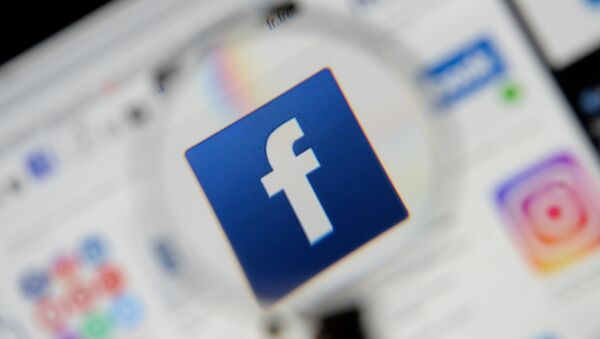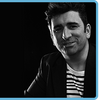Tech giant Facebook updated its hate speech policy on Monday to ban any content that rejects or distorts the reality of the Holocaust.
The decision comes following a campaign spearheaded by Holocaust survivors around the world to target Facebook CEO Mark Zuckerberg this summer, urging him to take action to remove Holocaust denial posts from the social media site.
Coordinated by the Conference on Jewish Material Claims Against Germany, the #NoDenyingIt campaign had Holocaust survivors use Facebook to appeal directly to Zuckerberg, posting one video per day urging him to remove Holocaust-denying groups and posts as hate speech.
Zuckerberg said in a blog post Monday that he believes the new policy strikes the “right balance” in drawing the lines between what is and isn’t acceptable speech.
“I’ve struggled with the tension between standing for free expression and the harm caused by minimizing or denying the horror of the Holocaust,” he wrote. “My own thinking has evolved as I’ve seen data showing an increase in anti-Semitic violence, as have our wider policies on hate speech.”
Facebook has faced criticism, including an ads boycott earlier this year, over its policies on hate speech and misinformation.
Zuckerberg previously caused controversy with comments in 2018 to the tech website Recode that posts denying the Holocaust would not necessarily be removed, adding that he did not think Holocaust deniers were “intentionally” getting it wrong.
Facebook said that it worked with global organizations in its efforts to understand how hatred is expressed on the web, including dialogue with the World Jewish Congress and the American Jewish Committee.
Facebook said it will direct users to credible information if they search for terms relating to the Holocaust or its denial on the platform.
Monika Bickert, VP of Content Policy at Facebook wrote that the new policy “is supported by the well-documented rise in anti-Semitism globally and the alarming level of ignorance about the Holocaust, especially among young people.”
The social media platform also barred more than 250 white supremacist organizations and updated its policies to deal with militia groups and conspiracy theory group QAnon.



